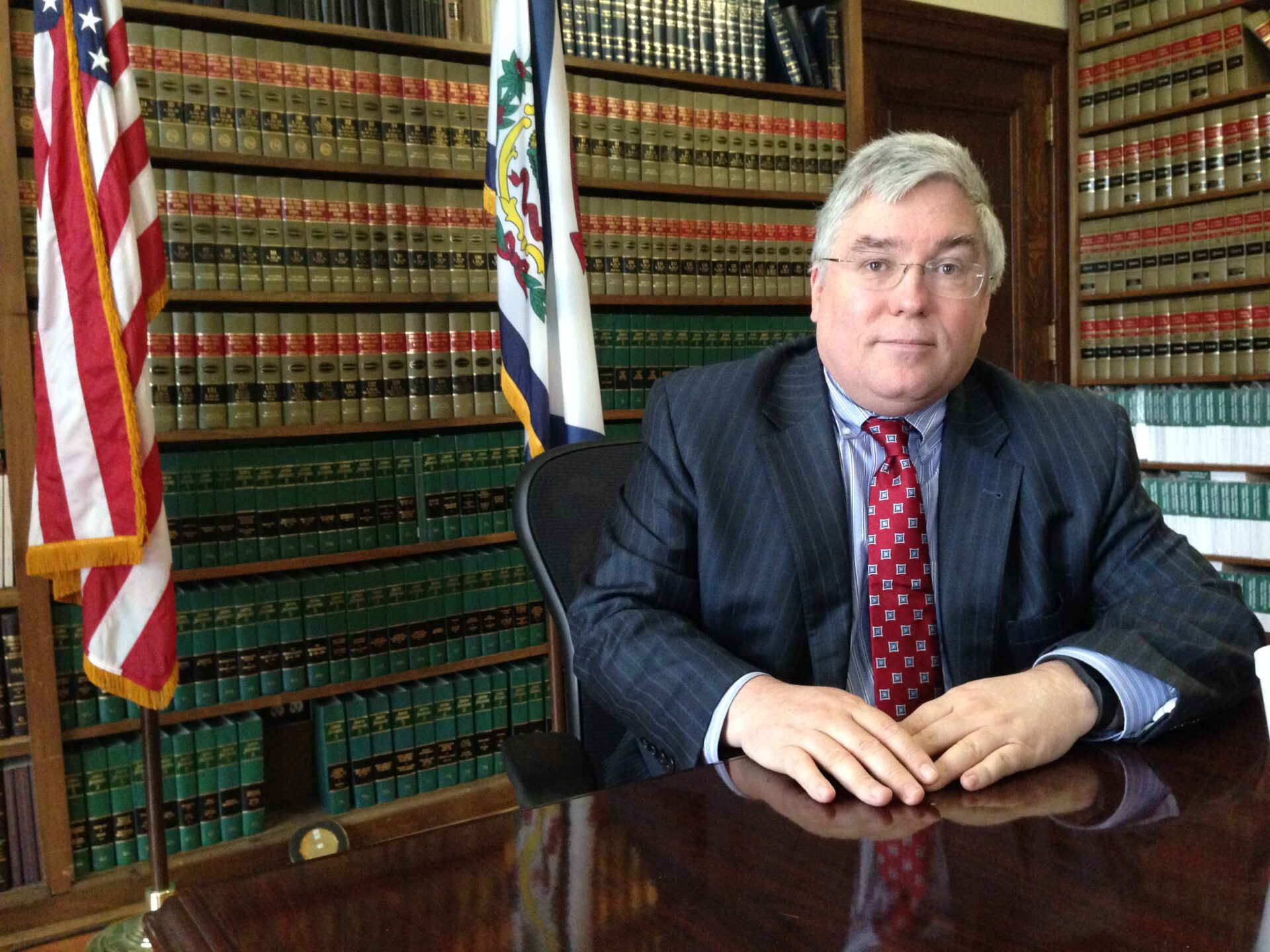In the final days of the legislative session, Gov. Patrick Morrisey says he is keeping a close eye on the state budget as well as economic development legislation – especially House Bill 2014. The bill encourages the use of coal for powering microgrids to support data centers.
Morrisey says it would support President Donald Trump’s national agenda and bring both jobs and revenue to West Virginia.
The governor wants data centers here, in part because they create jobs, but also because they use a lot of energy.
Microgrids that supply the energy could create a steady market for West Virginia coal, and bump production significantly. But lawmakers would have to authorize data centers to operate their own microgrids first.
House Bill 2014 would do that. But Appalachian Power and Mon Power have raised concerns that it could bump costs for customers by forcing the companies to use more coal instead of natural gas, which is cheaper.
Morrisey is pushing lawmakers to pass the bill as part of a Trump-aligned national agenda he says would position West Virginia for growth.
“These micro grids, this is built on what President Trump is trying to do to compete with the Chinese and use more coal and natural gas,” Morrisey said. “And so I urge the legislature to push forward the Trump microgrids piece. I think it makes a big difference, and I’m hopeful that they follow suit.
Morrisey also praised a series of executive orders the president signed on Tuesday, aimed at sharply boosting coal production by loosening restrictions and resuming coal leasing on public land.
“President Trump cares deeply about American energy independence, and he knows to compete with the Chinese, we’re going to have to have more coal, more gas, and we have to make sure that we’re engaging in that information arms race against the Chinese. So I think what he did [Tuesday] is a good first step forward,” Morrisey said.
“We want to make sure that people know there is a future for coal. I do think there is, but it’s going to take a lot. We’re gonna have to message people the importance of using coal in order to stay on pace or exceed and defeat, ultimately, the Chinese, as they’re racing to supply their information technology needs,” he added.
Lawmakers have until Saturday at midnight to pass legislation and finalize a budget.
